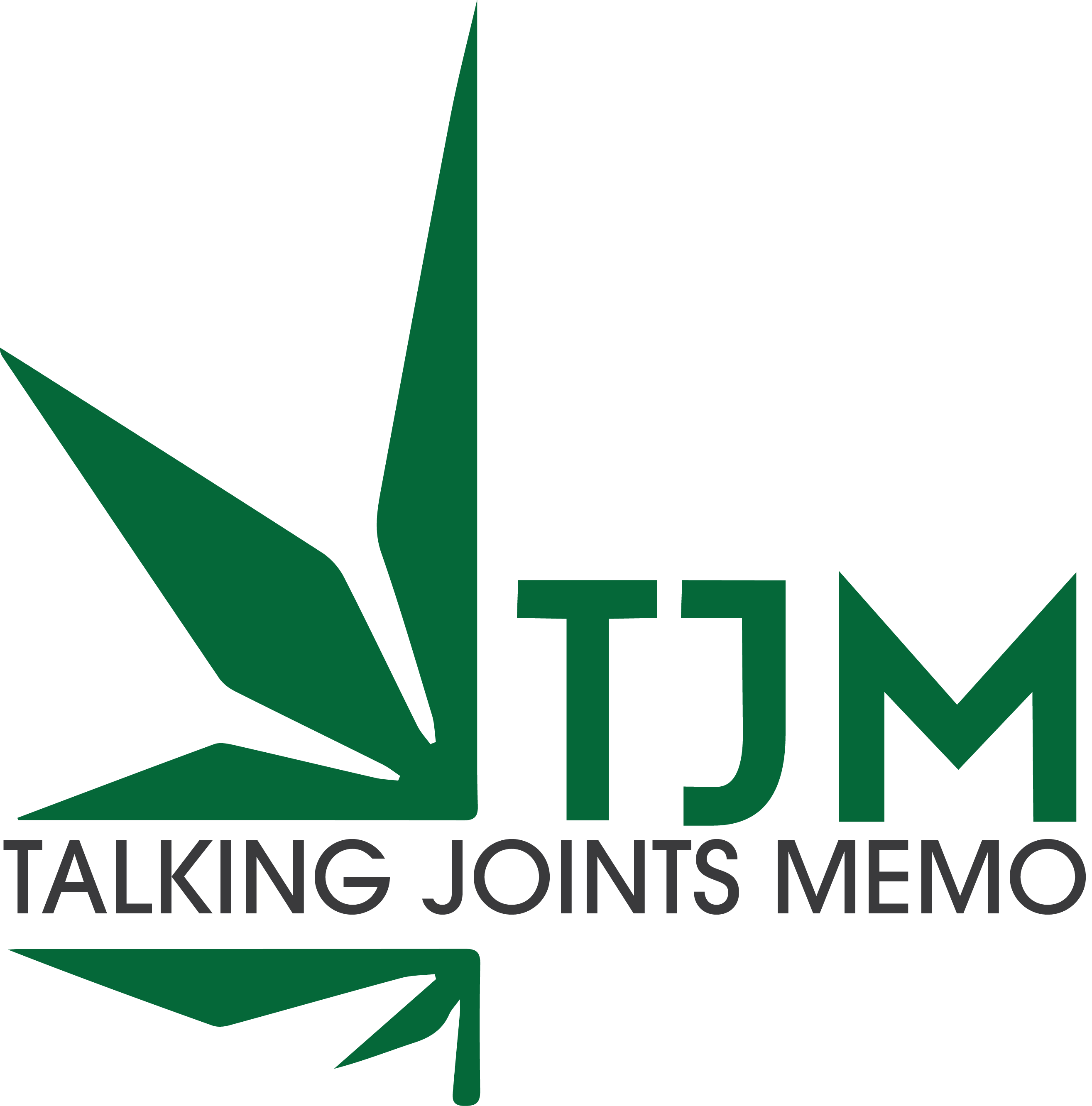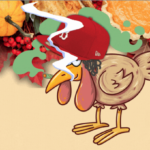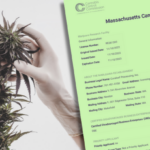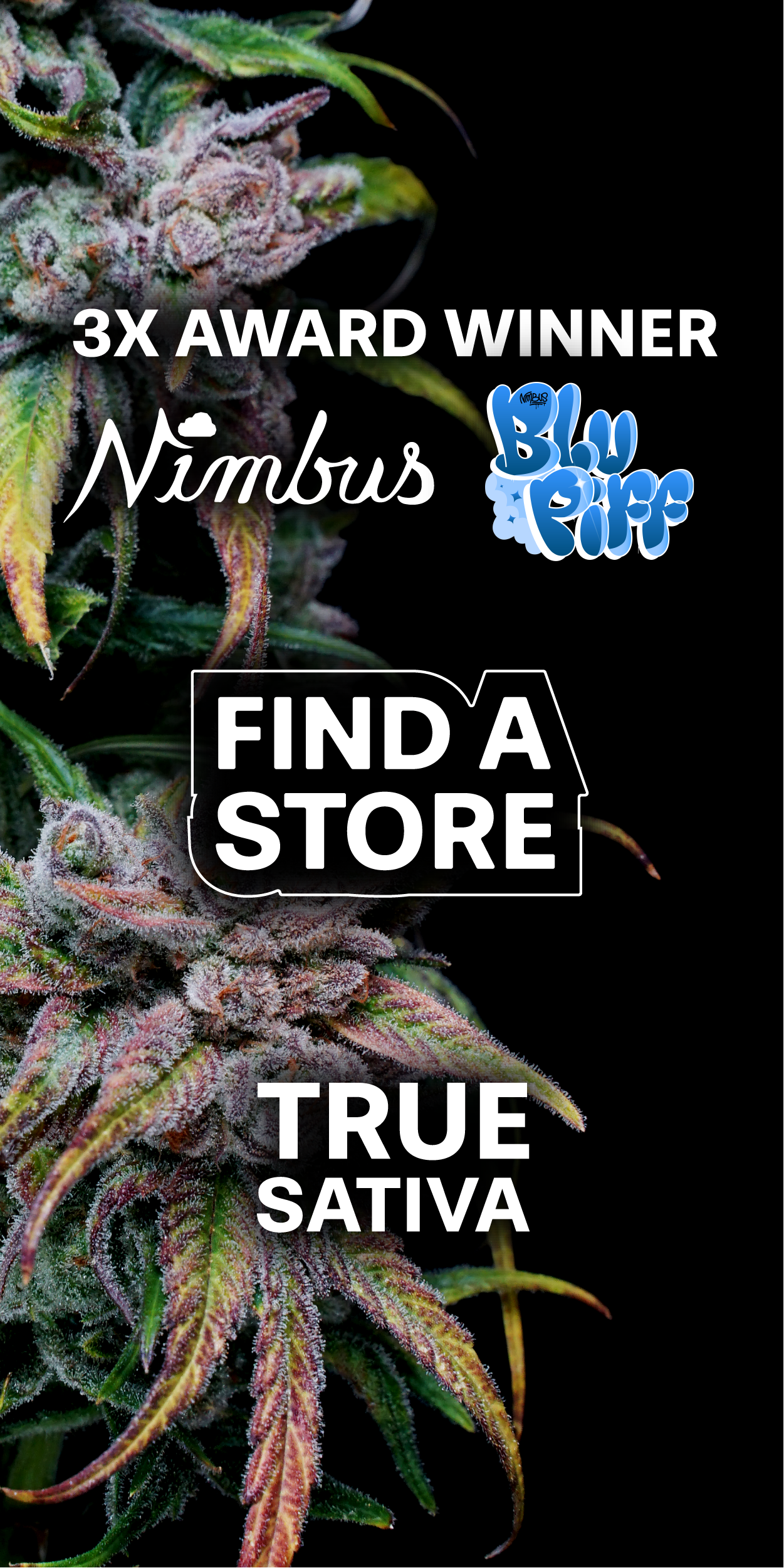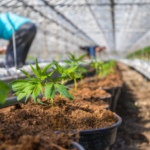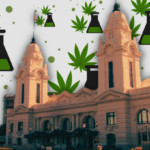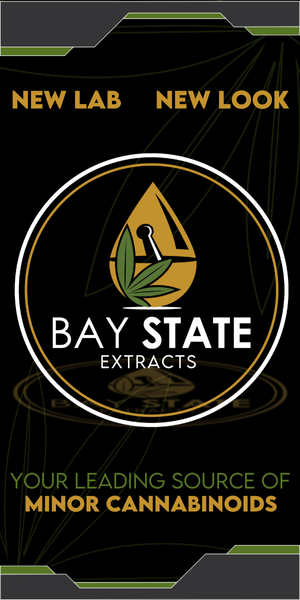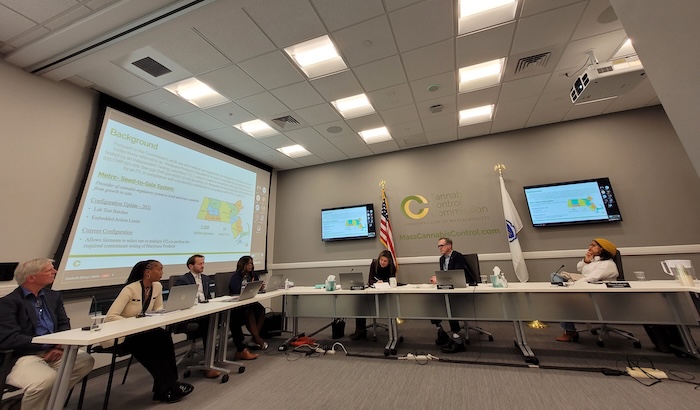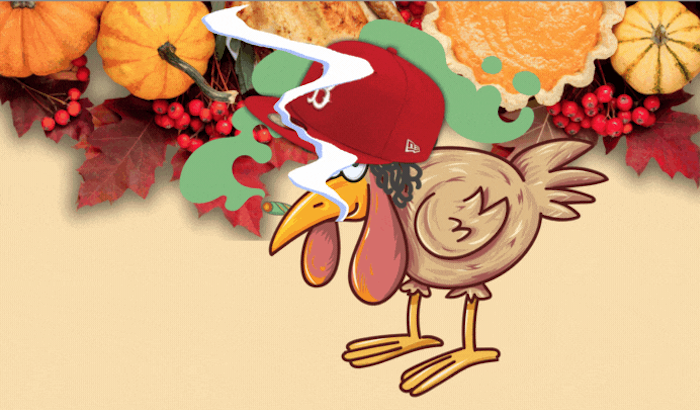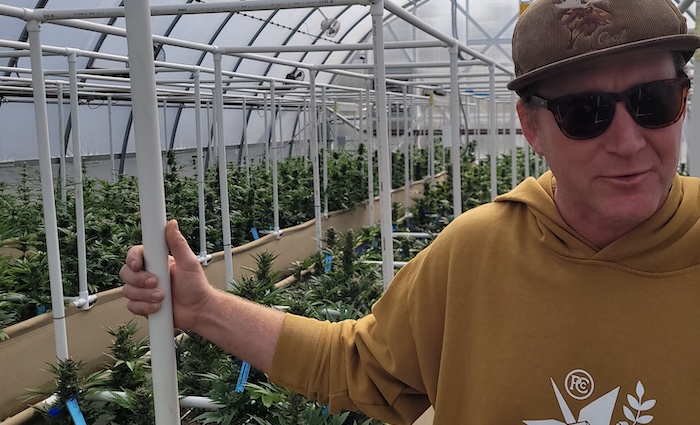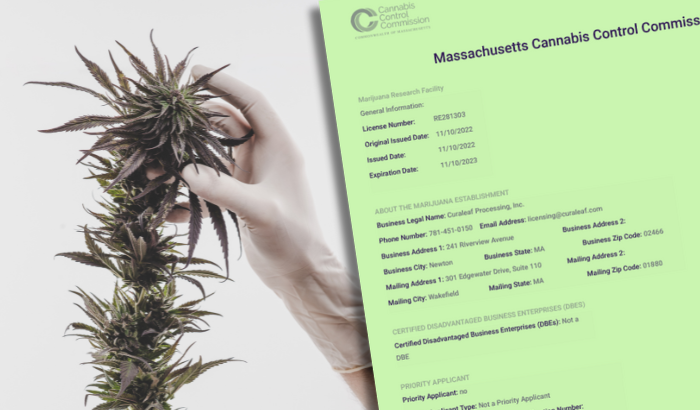
State report highlights seizures in booming illicit market, quantifies revenue loss
First of all, did you know that Massachusetts has a Multi-Agency Illegal Tobacco Task Force?
That’s right, it was formed in 2014 “to study the magnitude and economic impact of the illegal tobacco market in the Commonwealth.”
What’s important to understand here is that despite having such a concern about illicit market smokes, lawmakers went and banned flavored tobacco and electronic nicotine delivery system (ENDS) products in 2020 anyway, ensuring major additional losses to whatever was already in play plus opening a new front for interstate smugglers.
As we reported last week, in the nearly three years since that ban, there have been several small and large-scale busts involving colorful liquids and cartridges. It’s ironic how Massachusetts created a new illicit market where one didn’t exist just as recreational cannabis shops started opening up everywhere.
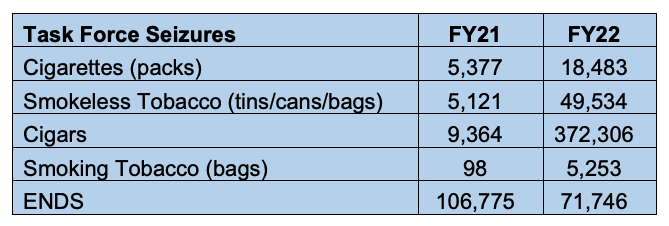
With the flavor ban opposed by groups as far-ranging as the ACLU and Americans For Tax Reform, for different reasons of course, the findings in a new annual report by the state’s Illegal Tobacco Task Force should come as little surprise. In short: it’s unclear if the ban resulted in reduced statewide nicotine use, but the Act Modernizing Tobacco Control sure did spur diminished tax revenue and a field day for law enforcement.
“Massachusetts’ failed tobacco policies have robbed the state of millions in vital tax dollars for prevention and education while having little to no impact on smoking trends,” Peter Brennan, executive director of the New England Convenience Store and Energy Marketers Association, said in a statement. His group opposed the ban from the beginning. “Both organized criminals and petty smugglers are reaping millions from this newly-created illicit market while the state is being forced to spend more and more on enforcement, with no long-term plan in place.”
Brennan’s association noted:
The Commonwealth’s Illegal Tobacco Task Force released its Annual Report that includes stunning new data that highlights the growing and largely unaddressed problems that have been created by the state’s flavored tobacco ban, which took effect in 2020. The Massachusetts ban on flavored tobacco products resulted in a menthol cigarette excise tax revenue loss of nearly $127 million to the Commonwealth in the 12-months following the ban. Nearly 90% of those sales shifted out of state, primarily to bordering New Hampshire and Rhode Island. The new report illustrates that the revenue loss has continued unabated, while the illegal market for the banned products has increased exponentially.
Moving tobacco products out of the heavily regulated retail sales environment has been counterproductive. The ITTF report found that contraband cigarette seizures by a joint task force made up of state police and the Department of Revenue’s Criminal Investigations Bureau and Miscellaneous Excise Bureau skyrocketed from just 5,377 in 2021 to 18,483 in 2022. State police reported seizures soaring from just 40 packs in 2021 to more than 1,900 last year. In addition, seizures of illicit smokeless tobacco, which was also banned along with menthol, were up 800 percent in 2022. Menthol cigarettes and cigars made up the largest category of illicit tobacco seizures, the report states.
In addition to surging costs of enforcement, the Massachusetts flavor ban has increased health care costs while decreasing funding for prevention, education and awareness efforts, all of which receive funding from sales tax revenue. The American Lung Association recently gave Massachusetts an “F” on its annual report card for anti-smoking efforts, finding that the state spent just 12 percent of the recommended $70 million budget for awareness, advocacy and education. Adult smoking, meanwhile, declined by just .5 percent, according to the report.
“The ITTF Report makes startlingly clear that our concerns at the time the ban was enacted were well-founded and have come to fruition,” Brennan added. “The illicit tobacco market is thriving, there has been, at best, a negligible impact on smoking habits, and the state must now deal with rapidly escalating enforcement costs and the same public health impact with less revenue. The fact is, the solution to curbing youth smoking and reducing adult smoking is to keep these products on the shelves of licensed retailers who check IDs and remit tax revenue that can be used to fund anti-smoking efforts.”
“The illicit market grows every day, denying the state crucial tax dollars and fueling violence and criminal activity. It’s beyond time for Massachusetts to re-evaluate its failed tobacco policies, while other states pursuing bans should read this report as a warning.”
You can read the full report here.




